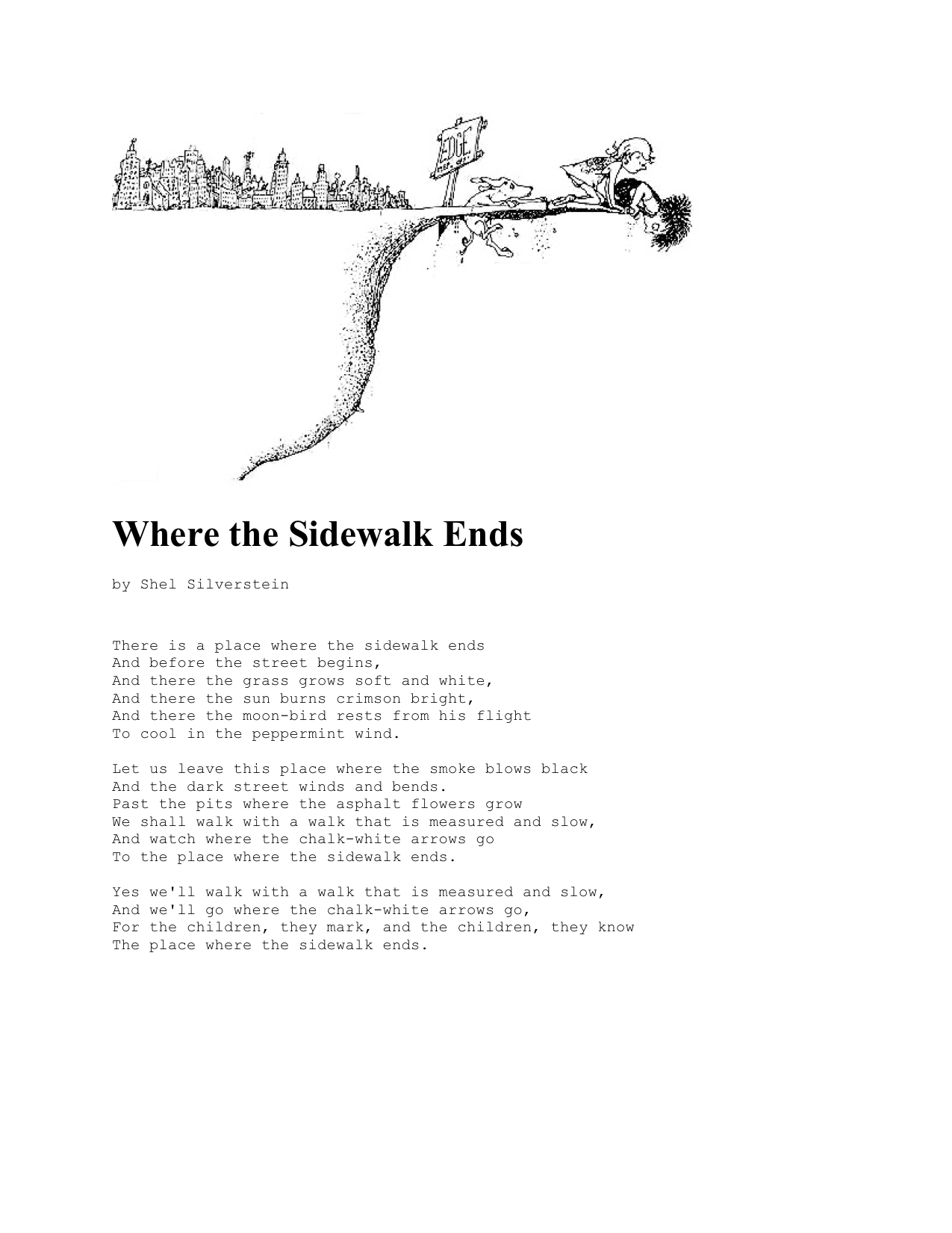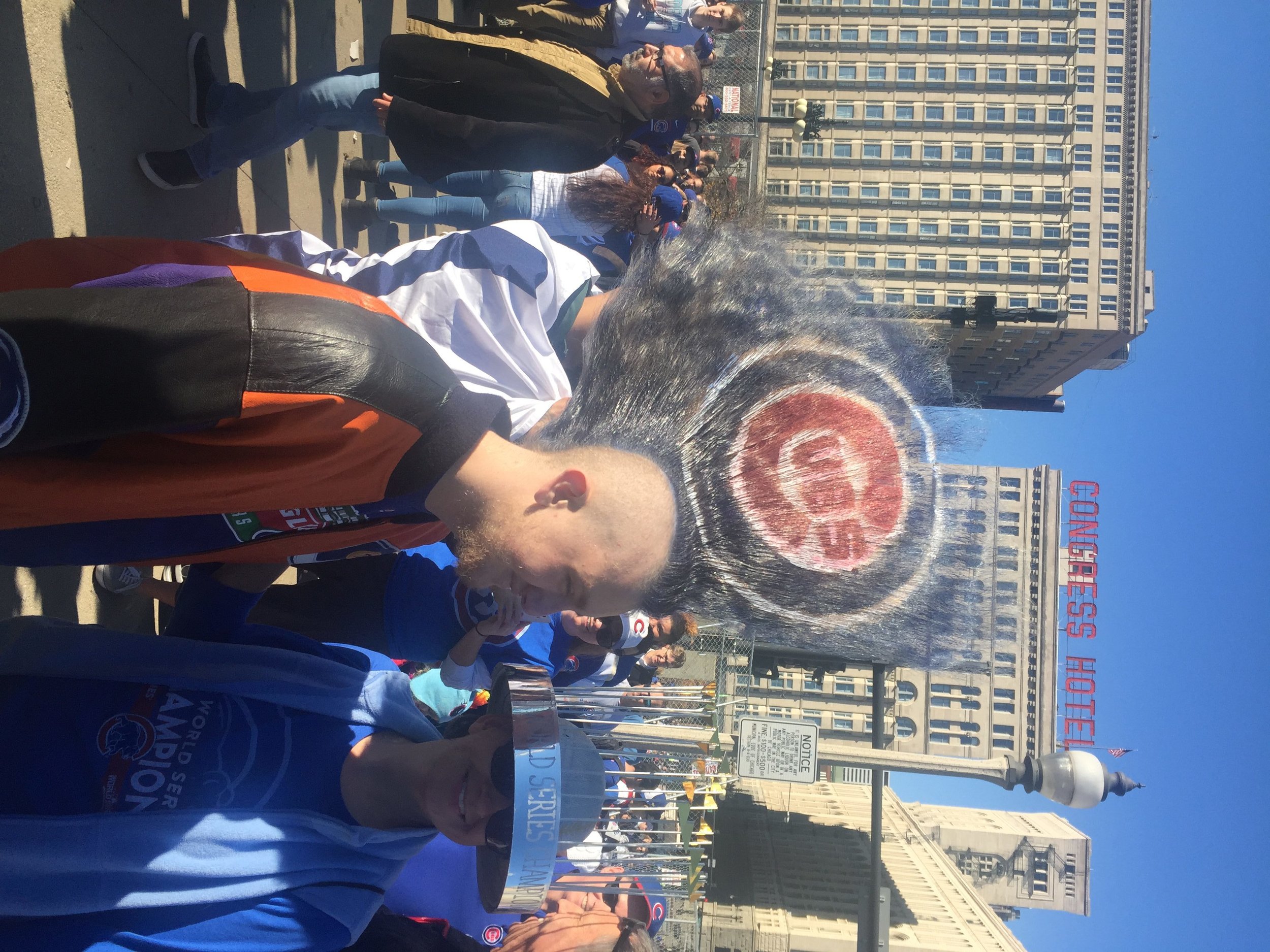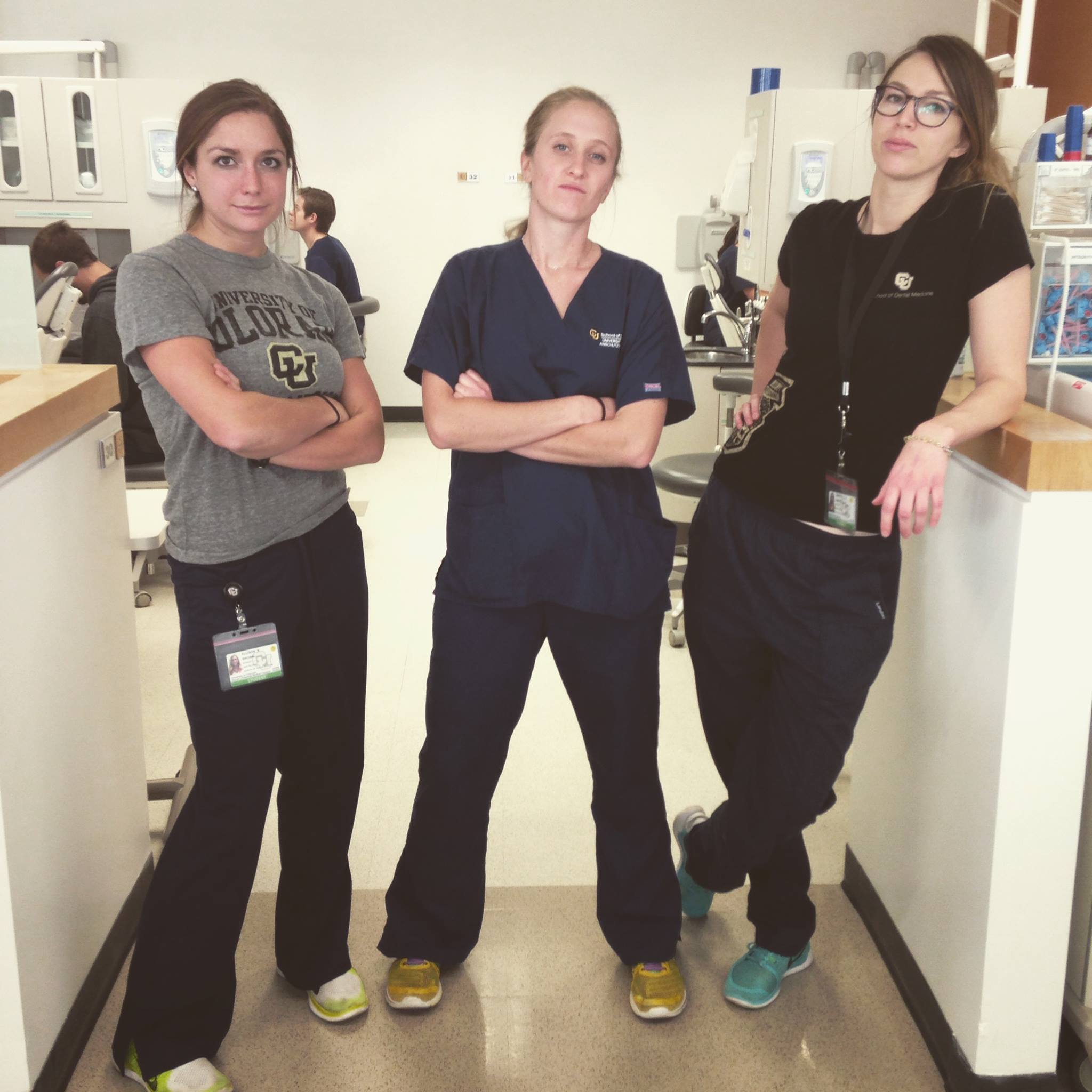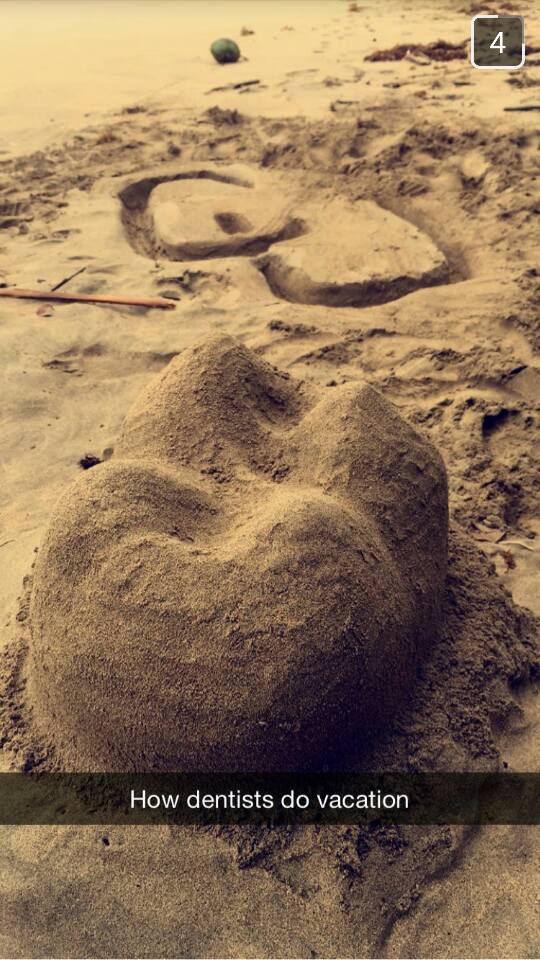 As someone who volunteers at the local DAWN Clinic, I wanted to sit down with two of the student leaders and really layout the facility, its mission, and what it's striving to do for the community. Emily Malihi and Kim Engols, both third year dental students and masters behind the magic of DAWN, were kind enough to oblige me and offered some considerable insight into the clinic:
As someone who volunteers at the local DAWN Clinic, I wanted to sit down with two of the student leaders and really layout the facility, its mission, and what it's striving to do for the community. Emily Malihi and Kim Engols, both third year dental students and masters behind the magic of DAWN, were kind enough to oblige me and offered some considerable insight into the clinic:
Can you give me an overview of DAWN? Who's involved? What services are provided?
Emily & Kim: "DAWN (Dedicated to Aurora’s Wellness Needs) is IPE [inter-professional education] in action! There are students from every graduate program at Anschutz. In addition, there are behavioral health and undergraduate students from DU and UCD who are also active volunteers within the clinic. DAWN provides primary care services (including phlebotomy!!!) for the underserved population of Aurora every Tuesday. Specialty care, such as optometry, dermatology, and pulmonary health is provided on the third Tuesday of every month. Dental screenings are provided every week except the third Tuesday of every month to allow space for the specialty clinics. Instead, dental services are provided on the third Wednesday of the month to provide definitive dental care for previously screened patients."
Tell me about your roles.
Emily & Kim: "As dental workgroup leaders, we are responsible for recruiting and training faculty and student volunteers. Each week we alternate attending clinic nights to ensure dental clinic flow is smooth and volunteers are prepared for clinic night. We serve as the liaison between DAWN and the dental school, and advocate for our profession within the clinic. Once a month we meet with DAWN workgroup leaders from all professions, and discuss ways to improve clinic flow."
What does a typical night at DAWN look like?
Emily & Kim: "On a typical Tuesday evening, 8-10 patients are scheduled with room for another few walk-in patients. Once patients are checked in, they are taken to triage to discuss chief complaints and take vitals. From triage, patients are taken to their respective exam room to meet with a team of inter-professional students to discuss and address health care needs. At the end of the evening, all patients will finish with Care Coordination to discuss treatment plan needs and plan for follow up care. As you can imagine, this makes for a very busy clinic! Managing the patients to and from registration, triage, exam rooms, and care coordination are three managers and a clinic director."
In what direction is the DAWN Clinic headed and what is its personal mission in the dental world?
Emily and Kim: "The DAWN Clinic is continuously working on expanding the services they provide for patients. The clinic will be hosting a large fundraising Gala in January to raise funds for our patients. Within the dental clinic, we recently partnered with Dental Lifeline to provide free definitive dental care for our patients. This has been our greatest accomplishment to date! We are also working on updating our dental chair to a more comfortable and functional one. In addition to providing screenings, our mission is to improve our impact on inter-professional education by involving more dental students in all aspects of patient care to include helping with registration, translation services, care coordination, and supply procurement. Furthermore, we seek to improve inter-professional knowledge of oral health care and knowledge of when a dental referral is indicated."
Is there anything else you two would like to add?
Emily: "I participated in many student organizations during my time in undergraduate and graduate school, but my involvement within the DAWN Clinic has been the most rewarding, most meaningful experience. I hope that more students get that chance to become involved within the clinic at some point during their educational experience at Anschutz."
Kim: "A few weeks ago, I had a new patient, Ms. A., assigned to me within the dental school. It had been 12 years since her last visit and I was curious to know what prompted her to make an appointment with us after so many years. Ms. A., mentioned she has been seeing an endocrinologist, Dr. J., to manager her type 2 diabetes, and at her last appointment he asked to look inside her mouth. Dr. J. told Ms. A., she needs to make an appointment with her dentist ASAP, and he expects this to be completed before the next time he sees her! Prior to this, Ms. A., mentioned no other health professional had asked about her dental health. This is the perfect example of what we should strive for with inter-professional education. The DAWN clinic fosters this attitude and I am confident this experience will make us all better and more well-rounded practitioners."
It is no surprise that the DAWN Clinic is having quite the impact on healthcare in the Aurora community. Patients who may not be privy to their health deficits can now find themselves with a wealth of information that can help them make decisions about treatments and future referrals. I am proud to be a member of the dental team, and I look forward to continuing to integrate oral healthcare into the primary health plans for the patients of DAWN.
*Many thanks to Kim and Emily for their time and insightful words. If you have any questions about the DAWN Clinic, please feel free to leave a comment and we will be in touch.






















